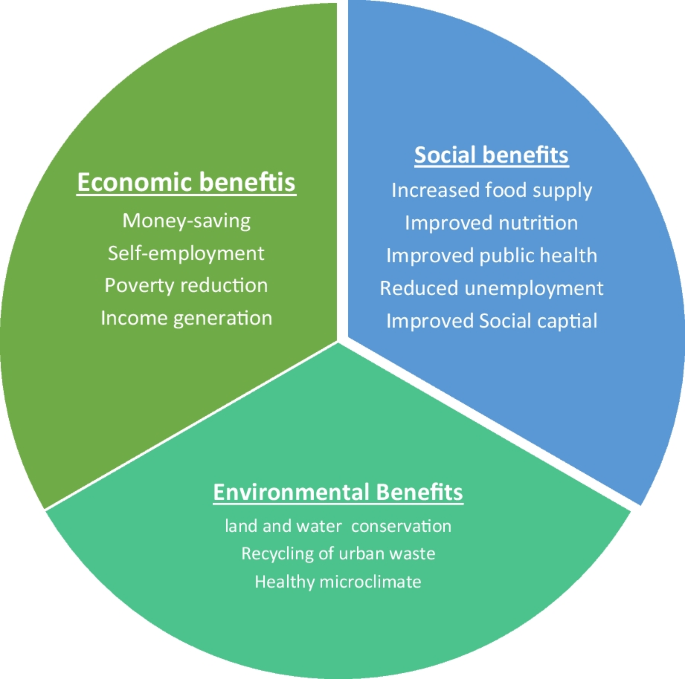Some Known Details About City Blooming
Some Known Details About City Blooming
Blog Article
7 Easy Facts About City Blooming Described
Table of ContentsUnknown Facts About City Blooming5 Easy Facts About City Blooming ExplainedThe Of City BloomingExcitement About City BloomingThe 4-Minute Rule for City Blooming
Nature has incredible impacts on our physical and mental well-being, so it's no surprise that an easy delicious on a desktop or some potted natural herbs on a windowsill can right away improve an area. Take those plants a step even more, and you'll cross right into the area of metropolitan horticulture, which brings much more benefits to people and communities alike.What Are Urban Gardens?Urban gardening, often referred to ascity gardening, is defined as "the procedure of growing environment-friendly rooms in city settings. "It incorporates a selection of tasks from metropolitan farming to patio yards to neighborhood gardens - sustainability. Urban gardens can be tended by people, teams, business, or companies. The quantity and range of food grown can differ widely, as well as the size of the job itself, yet urban horticulture campaigns are all rooted in a city setup.
Whether they include a collection of pots on a balcony or a cluster of plots on a vacant lot, these yards offer greater than food, offering a host of environmental, economic, and social benefits. Due to the fact that fruit and vegetables is expanded in regional setups in contrast to far-away ranches, urban horticulture minimizes transportation demands, for that reason reducing carbon emissions.
A Biased View of City Blooming
Lasting and organic agriculture eliminates or reduces a lot of the ecological harm that would be sustained by industrial agricultural techniques. Environment-friendly spaces in cities help in reducing the urban warm island result. Urban farming stimulates regional economic situations and sustains local food producers. Neighborhood horticulture tasks frequently use food at little or no price, which helps reinforce food budget plans and boost food security. Urban gardens can be tools of social change that address inequities, systemic racism, and neighborhood growth concerns. Below at Cravings For Adjustment, we make use of food as a device to construct wellness, wide range, and social adjustment in North Minneapolis. We bring individuals with each other to learn, cook, eat, and expand food, creating change that lasts.
Together, we can develop well-rooted and prospering modification!.

The primary lesson we, when again, must find out is that cities are not divorced from nature. https://www.kickstarter.com/profile/cityblooming/about. While these fields of research advertise cities as useful, no city is excellent not even close, and the vulnerabilities and interconnections of the international supply chain has affected all of us in unanticipated means.
City Blooming - The Facts
I will take a look at versions from the past that promoted city gardens and gardeners, and reveal what worked and what did not. I will go over the opportunities and difficulties of being a city gardener, what click this link is required to set up a yard of your own, and what regulations and criteria stand in the way of making cities much better at advertising metropolitan yards.
The amount of time wasted reaching and from typical workplaces has actually been well recorded. One noteworthy research concluded that before the pandemic, Americans wasted a standard of 54 hours a year travelling. The accumulated adverse impacts of contamination and stress that arise from travelling alone by auto as the majority of Americans do are considerable.
The ability to come to the workplace for partnership and culture, and stay home for concentrated job is an idea that saves time, is much better for the atmosphere and is a smarter use of minimal resources. What hasn't yet taken hold is the connection between these adjustments in actions and just how cities could react.
How City Blooming can Save You Time, Stress, and Money.
What are the wellness influences of our cities suddenly overdesigned for cars and trucks? Just how can our city infrastructure (roads, energies) execute far better, not only as channels to relocate people and items, but as contributors to natural systems? Urban phenomena such as smoke, poor water top quality and the 'heat island effect' can be reduced by greening our streets, energizing our cars and growing our car park.
In a recent short article in the Wall Street Journal, Richard Florida went over the phenomenon of 'zoom cities,' which attract remote employees by creating a photo of a better of life (sustainable gardening). He composed: "For cities, remote work alters the focus from drawing business with unique bargains to enticing talent with solutions and facilities
Urban horticulture currently has several options to aid you expand food wherever you have space, such as with container gardening, hydroponic horticulture, and roof horticulture. This indicates you can control the place where you grow the food, and stress much less regarding ecological conditions like drought or cool weather condition. You can pick what you wish to grow, exactly how you wish to expand it, and where you wish to grow.
The Ultimate Guide To City Blooming
Expanding mass-produced food with conventional farming techniques takes a whole lot out of the world. Past the several resources that are made use of on the farm, the food then has to be moved from where it is grown to a store near you. That calls for melting a great deal of fuel. Generally in the U.S., food is now carried in between 1,500 and 2,500 miles to reach the consumer.

Report this page